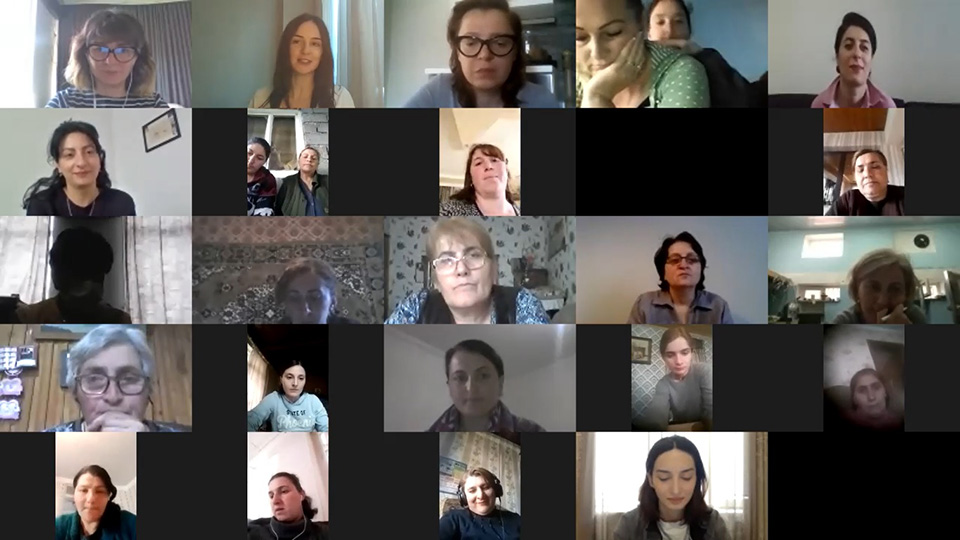Digital technology can empower women, but…
Date:

Digital technologies can contribute to achieving the 2030 Agenda for Sustainable Development, delivering better, more equal outcomes for men and women, providing women with “leapfrogging opportunities” and helping close gender gaps. However, this first requires overcoming existing barriers.
The 2019 global data show that 4.1 billion people have access to the Internet, while the other 3.6 billion do not. Almost the entire world population is within reach of a mobile cellular network, yet the Internet is used by only 53 per cent. The gender gap among global Internet users stands at 17 per cent. Currently 327 million fewer women than men have a smartphone. According to 2019 ITU data, the proportion of Internet users in Georgia is above the global average: 61.2 per cent for women and 64.5 per cent for men. There is only a 3 per cent gap in the ownership of a mobile phone between the sexes. However, significant gaps exist between rural and urban areas.
Access to digital technologies is critical for women living in rural areas with limited access to formal employment, education, health, and other services. During the COVID-19 lockdown, UN Women Georgia conducted assessments on women’s access to digital technology with a simple objective - to explore the possibilities of providing remote support to the partners. We have learned important lessons about the obstacles women and girls face when it comes to accessing digital technologies.
First, far fewer women than men have basic digital skills. Only 3 per cent of the rural population reports having advanced computer skills, compared to 18 per cent of those living in urban settings. Second, the digital gender gap is wider among communities facing intersectional disadvantages (low income, low education, no formal employment, vicinity to the breakaway regions of Georgia). Third, women spend much less time using digital technologies and improving their skills. A recent UN Women study found that women in Georgia spend 45 hours a week on domestic chores and caring for their family, compared to men’s 15 hours a week. This limits women’s time for other activities, including learning. Fourth, persisting gender stereotypes limit the access of women and girls to digital technologies. Power relations in the family have an impact on who has access to digital technologies: in abusive relationships, it is common for the abuser (usually a man) to restrict the mobile phone access of the victim (usually a woman). Other gender stereotypes also play a role - for example, that technology is a male domain.
Access to digital technologies is important, yet it does not automatically lead to women’s empowerment - the process by which women take control over their lives, acquiring the ability to make strategic choices. Digital technology has the potential to bring about transformative change in women’s and girls’ lives. But it has also been used to “disempower” women and girls, through online-facilitated sexual harassment, stalking, Zoom bombing and other forms of violence.
“Digital technology is a tool with great potential,” notes Erika Kvapilova, UN Women Country Representative in Georgia. “It has to be used wisely and responsibly to unchain women’s talents and to overcome gender-based discrimination at home, at work and in public life.”
UN Women Georgia is actively exploring opportunities to use digital technology to accelerate women’s empowerment in three areas: ending violence against women and girls, promoting women’s economic empowerment, and supporting women’s meaningful and equal participation in decision-making.